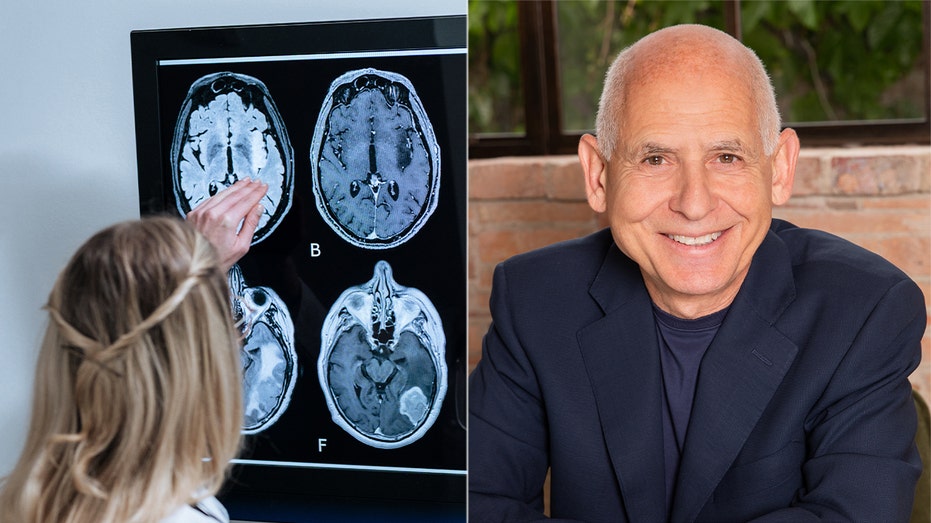11 Lifestyle Changes to Help Prevent Alzheimer’s, Expert Says

A recent interview with Dr. Daniel Amen, a renowned psychiatrist and brain disorder specialist, highlights how certain lifestyle changes can significantly reduce the risk of developing Alzheimer’s disease. Dr. Amen, founder of Amen Clinics in California, emphasizes that everyday choices—from diet to physical activity—can either protect cognitive health or accelerate decline.
As Alzheimer’s cases rise among younger individuals, understanding prevention strategies has become crucial. In his discussions, Dr. Amen points out that half of all Alzheimer’s cases are preventable through proactive measures. He encourages individuals to be mindful of their brain health, stressing the importance of addressing 11 major risk factors he categorizes under the acronym “BRIGHTMINDS.”
Understanding the BRIGHTMINDS Approach
Each letter in BRIGHTMINDS represents a key area that can impact brain health:
– **B** for Blood flow: Dr. Amen identifies low blood flow as the primary brain imaging predictor of Alzheimer’s. Factors such as alcohol, sedentary behavior, and obesity can hinder blood circulation. To enhance blood flow, he suggests a brisk walking regimen, alternating between normal and fast paces for 30 minutes daily.
– **R** for Retirement and aging: A decline in cognitive activity often accompanies retirement, which increases Alzheimer’s risk. Dr. Amen encourages retirees to engage in lifelong learning and daily mental challenges.
– **I** for Inflammation: Reducing inflammation is vital for preventing various health issues, including Alzheimer’s. Simple habits, like flossing, can diminish gum inflammation and, in turn, lower brain disease risk.
– **G** for Genetics: While genetic predisposition is concerning, Dr. Amen views it as a call to action. Understanding family health histories can guide individuals towards preventive strategies tailored to their risks.
– **H** for Head Trauma: Concussions and other forms of head trauma can lead to long-term psychiatric problems. Dr. Amen advises against risky behaviors, such as texting while driving.
– **T** for Toxins: Exposure to toxins—ranging from alcohol and drugs to environmental pollutants—can adversely affect health. Dr. Amen recommends a diet rich in detoxifying foods, such as brassicas, and emphasizes the importance of hydration.
– **M** for Mental Health: Maintaining a healthy mental outlook supports overall brain health. Dr. Amen urges individuals to challenge negative thoughts and cultivate a positive mindset.
– **I** for Immunity and Infections: A robust immune system is essential for overall well-being. Dr. Amen suggests optimizing vitamin D levels to bolster both brain function and immunity.
– **N** for Neurohormones: Hormonal imbalances can interfere with brain health. Annual hormone level assessments can help individuals manage their risk.
– **D** for Diabesity: This term describes the connection between obesity and type 2 diabetes, both of which can jeopardize brain health. Dr. Amen warns that being overweight often correlates with multiple risk factors for Alzheimer’s.
– **S** for Sleep: Adequate sleep is crucial for cognitive function and memory retention. Dr. Amen stresses that quality sleep helps “wash” the brain, improving decision-making and energy levels.
Dr. Amen’s insights reflect a growing understanding of how lifestyle choices impact brain health, especially as Alzheimer’s disease continues to pose challenges globally. By focusing on these 11 factors, individuals can take proactive steps towards safeguarding their cognitive function and overall well-being.
For those interested in further information on healthy living and brain health, resources can be accessed through various health platforms and organizations.






